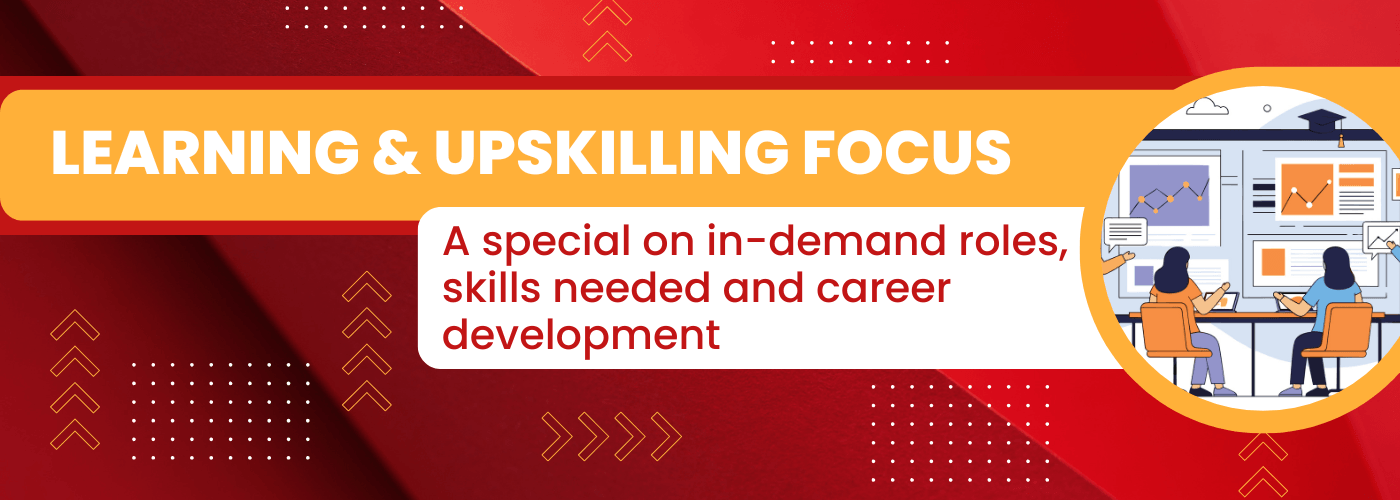Mag O’Keeffe discusses Ireland’s medtech landscape and the importance of investing in people.
![]()
According to Mag O’Keeffe, the vice-president of global additive technologies at Stryker, Ireland is in an incredibly strong position as a global leader in the medtech industry.
Home to roughly 450 medtech companies and employing around 45,000 people, she explained Ireland’s medtech space is supported by an innovative and diverse ecosystem, which has made it the highest per capita medtech employer in Europe.
“14 of the world’s top 15 medtech companies have operations here, drawn by Ireland’s highly skilled workforce, access to a steady supply chain of materials, availability of strong academic partnerships and government support of foreign direct investment,” said O’Keeffe.
It is this focus and investment in people, alongside advanced technologies, that empowers organisations and institutions as they strategise, grow and ultimately have a larger impact on the world stage.
“By continuing to focus and invest in R&D and cutting-edge manufacturing, as well as nurturing an inclusive, future-ready talent pool, Ireland can protect and enhance its position as a global medtech hub as the sector continues to grow,” she said.
Personnel and personal investment
That might be easier said than done however. As O’Keeffe noted, the competition among organisations to recruit key talent is intensifying and is one of the more pressing challenges facing business leaders today.
The professional development, support and upskilling of people internally is no longer a nice afterthought or something you get around to eventually, it is in fact “a defining strategy for medtech globally”.
“Ireland’s medtech leadership has always been grounded in talent, but today, the challenge is evolving,” she said. “Employees, particularly early-career professionals, are seeking to find a workplace which nurtures their strengths, provides opportunities to grow and drives purpose.”
To achieve this, O’Keeffe is of the opinion that medtechs need to change how they think about talent. Rather than just hiring additional people to address skill gaps and take over new roles, organisations could benefit from building up the existing workforce, into a force to be reckoned with.
By building adaptable, inclusive teams, who are confident around new tools, technologies and heightened expectations, companies may find that employees are more comfortable and fulfilled in their roles, when compared to organisations who hire blindly to meet short-term needs.
Long-term success
Like virtually every industry under the STEM umbrella, the medtech space has evolved exponentially beyond what we may have once thought possible. With that advancement in mind, professionals – both new and established – must get with the times and ensure that they are upskilling for the future.
“Behind every innovation in the medtech industry, whether it’s a surgical robot, a smart implant, or a predictive algorithm, are the people who imagine, build and continuously improve them,” said O’Keeffe. “It’s this human engine of progress that often determines whether innovation scales, sustains and ultimately succeeds.”
Looking to the future, she predicts that a background in digital twins, AI and 3D printing could aid professionals in the medtech ecosystem.
As time progresses, she is of the opinion that what was once considered a pipe dream – such as 3D printing in particular – represents an opportunity for medtechs to innovate within, further develop and improve the healthcare sector.
She further explained that the path to a long and happy career in the medtech industry is not linear and that everyone, if they have the grit and the will to commit, can make a go of it, regardless of background, education or starting point.
She advised professionals to take advantage of apprenticeship programmes, as they offer “individuals, including school leavers, career changers and those re-entering the workforce, the opportunity to gain formal qualifications while contributing directly to real-world projects”.
Equally as important are graduate entry pathways, which draw fresh blood into organisations and the wider sector each year.
By encouraging this culture of support, where upskilling is integrated right from the beginning, regardless of your previous experience, medtechs can create an environment of openness and continuous learning, which O’Keeffe believes will make skills development part of working life for employees, improve retention and foster a “future-ready workforce”.
“By strengthening the pipeline of talent, Ireland will ensure that its workforce remains competitive in the global market and the country will be positioned as a destination of choice for talent into the future.”
Don’t miss out on the knowledge you need to succeed. Sign up for the Daily Brief, Silicon Republic’s digest of need-to-know sci-tech news.
